Stem Cell Therapy for Autism: What Are the Outcomes?
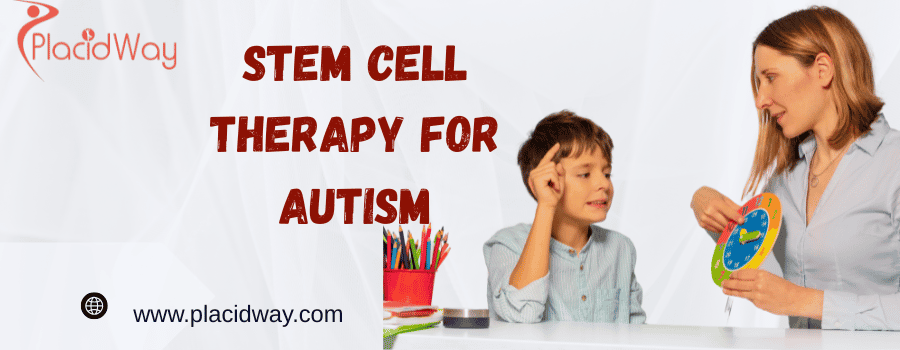
Autism Spectrum Disorder (ASD) is a complex neurodevelopmental condition characterized by challenges in social interaction, communication, and repetitive behaviors. While conventional therapies like behavioral interventions and speech therapy are crucial, stem cell therapy has emerged as a promising, albeit still investigational, area of research, aiming to address underlying biological factors associated with ASD.
What is the success rate of stem cell therapy for autism?
"The reported success rate of stem cell therapy for autism varies among clinics and studies, with some specialized centers and meta-analyses indicating positive outcomes or improvements in various symptoms in approximately 70% to 90% of cases, particularly in areas like social interaction, communication, behavior, and attention."
It is crucial to understand that stem cell therapy for autism is not a guaranteed cure and is still largely considered investigational by major regulatory bodies like the FDA in the United States. However, clinics offering these therapies and some preliminary clinical trial results have reported encouraging improvements in children with ASD. These improvements often relate to:
- Improved Social Interaction and Communication: Enhanced eye contact, better responsiveness to commands, increased awareness of others, and improved verbal and non-verbal communication skills.
- Behavioral Improvements: Reduction in repetitive behaviors, hyperactivity, tantrums, and aggression.
- Cognitive and Sensory Enhancements: Better attention, concentration, improved sleep patterns, and reduced sensory sensitivities.
- Physiological Changes: Some studies suggest improvements in brain connectivity and reduced neuroinflammation.
The extent of improvement is highly individualized and can depend on factors such as the child's age, the severity of their condition, the type and dose of stem cells used, and the accompanying therapies.
What is the reported success rate for stem cell therapy in autism by specific clinics or studies?
"Some specialized clinics report a success rate of stem cell therapy for autism as high as 90% for positive outcomes, while a meta-analysis showed significant improvements in Childhood Autism Rating Scale (CARS) scores, indicating a positive impact on autism symptoms."
While there is no universally accepted "cure" for autism, and stem cell therapy is not a standard treatment, clinics that offer this therapy often share their internal data and patient experiences.
- Clinic-Reported Outcomes: Some clinics, such as Innate Healthcare Institute and GenCell, have reported positive outcomes in approximately 90% of cases, with an 85% success rate in slowing or regressing the progression of the disease. These successes are often evaluated based on improvements observed within a year of treatment.
- Clinical Trials and Meta-Analyses:
- A meta-analysis of five studies on stem cell therapy for autism spectrum disorders in children found that the Childhood Autism Rating Scale (CARS) score of the stem cell group was significantly lower than the control group, indicating a positive impact on autism symptoms. The CARS score is a tool used to assess the severity of autism symptoms.
- The Duke ACT study, a significant Phase 2 randomized, placebo-controlled trial using cord blood for autism, showed encouraging results for a subset of children (ages 4-7 with non-verbal IQ > 70). In this subgroup, significant improvements were seen in communication, attention (eye tracking), and brain scans (EEG).
- Overall, many studies suggest that while results can be mixed across all endpoints, specific improvements in areas like socialization, communication, and adaptive behaviors are frequently reported.
- A meta-analysis of five studies on stem cell therapy for autism spectrum disorders in children found that the Childhood Autism Rating Scale (CARS) score of the stem cell group was significantly lower than the control group, indicating a positive impact on autism symptoms. The CARS score is a tool used to assess the severity of autism symptoms.
It's important to differentiate between clinic-reported success rates, which are often based on observed improvements by parents and clinicians, and the stricter endpoints of large-scale, placebo-controlled clinical trials, which may have different measures of "success."
What types of improvements are typically observed after stem cell therapy for autism?
"After stem cell therapy for autism, typically observed improvements include enhanced social interaction, better communication (verbal and non-verbal), reduced repetitive behaviors and hyperactivity, improved attention and focus, and better sleep patterns, with individual results varying."
Patients and their families, as well as some clinical studies, have reported a range of positive changes after stem cell therapy for ASD. These improvements often manifest across various domains of autism symptoms:
- Social and Communication Skills:
- Increased eye contact and social awareness.
- Better responsiveness to social cues and commands.
- Improved verbal and non-verbal communication.
- Greater interaction with peers and family.
- Behavioral Regulation:
- Reduction in repetitive behaviors (e.g., hand flapping, rocking).
- Decreased hyperactivity, aggression, and temper tantrums.
- More balanced emotional states and improved mood.
- Reduction in repetitive behaviors (e.g., hand flapping, rocking).
- Cognitive and Learning Abilities:
- Enhanced attention and concentration.
- Improved cognitive performance and memory.
- Better following of instructions.
- Enhanced attention and concentration.
- Sensory and Physiological Improvements:
- Reduced sensory sensitivities (e.g., to noise, textures).
- More regular and improved sleep patterns.
- Potential improvements in gut health/digestive issues, which are often comorbid with ASD.
- Reduced sensory sensitivities (e.g., to noise, textures).
- Motor Skills: Some reports indicate improvements in fine and gross motor skills.
It's important for families to have realistic expectations, as not every child will experience the same level or type of improvement, and some improvements (like verbal skills) may take longer to develop.
What types of stem cells are primarily used for autism treatment, and how does this affect outcomes?
"For autism treatment, Mesenchymal Stem Cells (MSCs), primarily derived from umbilical cord tissue (Wharton's Jelly), are most commonly used. These cells are chosen for their immunomodulatory, anti-inflammatory, and neuroprotective properties, which are believed to influence neural connectivity and function, thereby impacting outcomes."
MSCs are the most prevalent type of stem cell employed in regenerative medicine for neurological disorders like autism. They exert their therapeutic effects through several mechanisms:
- Immunomodulation: Many theories suggest an immune dysfunction or neuroinflammation plays a role in ASD. MSCs can modulate the immune system, reducing inflammation in the brain and body.
- Neuroprotection and Trophic Support: MSCs release various growth factors and neurotrophic factors that can protect existing neurons from damage, promote the growth of new cells, and support brain connectivity.
- Angiogenesis: They can promote the formation of new blood vessels, potentially improving blood supply to brain areas.
- Tissue Repair: While direct neuronal replacement is not the primary mechanism, MSCs can support the repair and regeneration of damaged neural tissue and microenvironment.
Common sources for MSCs used in autism treatment include:
- Umbilical Cord Tissue-Derived MSCs (UC-MSCs): These are "allogeneic" (donor-derived) and are highly favored due to their abundance, high potency, and ethical sourcing from donated umbilical cords. They are considered "immune-privileged," making them less likely to provoke an immune response in the recipient.
- Autologous Cord Blood (CB) Mononuclear Cells (MNCs): Some studies, like those from Duke University, have investigated the use of a child's own cord blood. These cells contain MSCs and other beneficial cells.
- Adipose-Derived Stem Cells (ADSCs): Autologous cells derived from the patient's own fat tissue.
- Bone Marrow-Derived Stem Cells (BMSCs): Autologous cells harvested from the patient's bone marrow.
While research is ongoing, many clinics and some studies have reported positive outcomes with both allogeneic and autologous sources, with UC-MSCs being particularly popular for their potency and ease of availability.
What is the scientific consensus on stem cell therapy for autism? Is it FDA approved?
"As of June 2025, stem cell therapy for autism is still considered investigational by major regulatory bodies like the FDA in the United States, and it is not FDA approved for the treatment of ASD. The scientific consensus calls for more large-scale, placebo-controlled clinical trials to definitively establish efficacy and long-term safety."
While many smaller studies and anecdotal reports show promising results, the scientific community, particularly in Western countries, maintains a cautious stance:
- Investigational Status: Most stem cell treatments for ASD are classified as investigational because they have not completed the rigorous multi-phase clinical trials required for full regulatory approval. This means their safety and efficacy are not yet definitively proven for widespread clinical use.
- Lack of Standardization: Research points to limitations in current study sizes, a lack of standardized injection routes and doses of stem cells, and shortages in diagnostic tools and long-period follow-up studies, making it difficult to compare results across different trials.
- Mixed Results: While some studies show significant improvements in certain areas (e.g., CARS scores, communication), others show mixed results or no significant difference in overall global impressions of autism symptoms compared to control groups.
- Safety Data: Clinical trials generally report that stem cell therapy, particularly with MSCs, is safe for autistic children, with adverse events not significantly differing between stem cell and control groups. Mild, temporary side effects like fever, headache, or infusion reactions can occur.
- Not a Cure: Experts emphasize that stem cell therapy for autism should not be seen as a "cure" but rather as a potential supportive therapy that may improve symptoms and enhance overall well-being.
Families exploring this treatment should be fully informed about its investigational nature and the importance of engaging with reputable clinics that are transparent about current research and realistic expectations.
What are the potential risks and side effects of stem cell therapy for autism?
"The potential risks and side effects of stem cell therapy for autism are generally mild and temporary, similar to those of any medical injection, but can include fever, headache, fatigue, mild infusion reactions, and in rare cases, infection or immune reactions, particularly in unregulated settings."
While studies and clinical practice in reputable centers generally report a good safety profile for MSC-based therapies for autism, patients should be aware of potential risks:
- Injection-Related Side Effects:
- Mild Fever, Headache, Fatigue: Common and temporary, often resolving within 24-48 hours post-infusion.
- Nausea, Vomiting, Lumbago: Less common, but reported.
- Pain/Bruising at Injection Site: Expected, especially with localized injections.
- Infusion Reactions: Mild allergic-like reactions such as skin rash, hives, or cough can occur, often managed with pre-medication (e.g., antihistamines) or during infusion.
- Infection: A rare but serious risk with any injection or surgical procedure if sterile protocols are not strictly followed. Reputable clinics maintain very high sterility standards.
- Immune Reactions: While allogeneic (donor) MSCs are generally immune-privileged, very rarely, mild immune responses or rejection could occur.
- Contamination: A significant risk if cells are not sourced from accredited, licensed labs or processed in a sterile environment. This highlights the importance of choosing a reputable clinic.
- Tumorigenesis (Tumor Formation): This is a theoretical concern with some types of stem cells (e.g., embryonic or induced pluripotent stem cells) but is extremely rare and largely considered not a risk with adult MSCs when properly sourced and processed.
- Unproven Claims/Scams: The biggest risk lies in clinics making false promises or operating without proper medical oversight.
Reputable clinics will thoroughly discuss these potential risks and have protocols in place to minimize them and manage any adverse events effectively.
How long does it take to see improvements after stem cell therapy for autism?
"Improvements after stem cell therapy for autism can often be observed within the first few weeks to 3 months, with continued progress developing over 6 to 12 months and potentially up to 18 months following treatment."
The timeline for observing changes can vary significantly from child to child:
- Early Changes (Weeks to 3 Months): Many parents and clinicians report seeing initial improvements within the first few weeks to a few months. These early changes often include:
- Better sleep patterns.
- Reduced irritability or tantrums.
- Increased eye contact.
- Improved attention and focus.
- Enhanced awareness of surroundings.
- Decreased hyperactivity.
- Better sleep patterns.
- Continued Progress (6-12 Months): More significant and noticeable improvements often continue to develop over the next 6 to 12 months. This period might see:
- Greater improvements in social interaction and engagement.
- Enhanced communication skills, including the development of verbal language for some children (which often takes longer).
- Further reduction in repetitive behaviors.
- Better adaptive behaviors.
- Greater improvements in social interaction and engagement.
- Long-Term (Up to 18 Months+): Some improvements may continue to unfold even beyond the first year. The impact of stem cell therapy is believed to create a more favorable environment for ongoing neurodevelopment and learning through complementary therapies (e.g., ABA, speech therapy).
Clinics often recommend a series of treatments over a period (e.g., annual sessions) to potentially enhance and maintain the benefits. It's crucial to understand that results are gradual and highly individual.
Does stem cell therapy for autism work for all children?
"No, stem cell therapy for autism does not work for all children, and the extent of improvement varies significantly among individuals; while many may show positive changes, some may experience limited or no significant benefits, highlighting the individualized nature of response."
The response to stem cell therapy for autism is highly heterogeneous, meaning it's not a uniform "cure" that works for every child in the same way:
- Individual Variability: Autism itself is a spectrum, with wide variations in severity, symptoms, and underlying biological factors. This inherent variability means that each child's response to any intervention, including stem cells, will be unique.
- Severity of Condition: Some preliminary data suggests that children with milder forms of ASD or certain cognitive profiles (e.g., higher non-verbal IQ) might show more robust improvements, though this is not a universal rule.
- Cell Type and Dosage: The specific type of stem cells used, the number of cells administered per session, and the method of administration (IV vs. intrathecal vs. localized) can influence outcomes.
- Accompanying Therapies: Stem cell therapy is typically viewed as a complementary treatment. Its benefits are often maximized when integrated with ongoing conventional therapies like Applied Behavior Analysis (ABA), speech therapy, occupational therapy, and nutritional interventions.
- No Guarantee: Reputable clinics will never guarantee specific outcomes or a "cure." They will provide realistic expectations based on current research and their own patient data, emphasizing that some children may show limited or no response.
Families should approach stem cell therapy for autism with informed optimism, understanding that it is a promising but investigational therapy that may offer significant benefits for some, but not all, children.
Ready to explore potential innovative therapies for managing Autism Spectrum Disorder? Visit PlacidWay to discover world-class medical tourism options and connect with trusted providers offering high-quality, affordable stem cell treatment for autism.
?

.png)
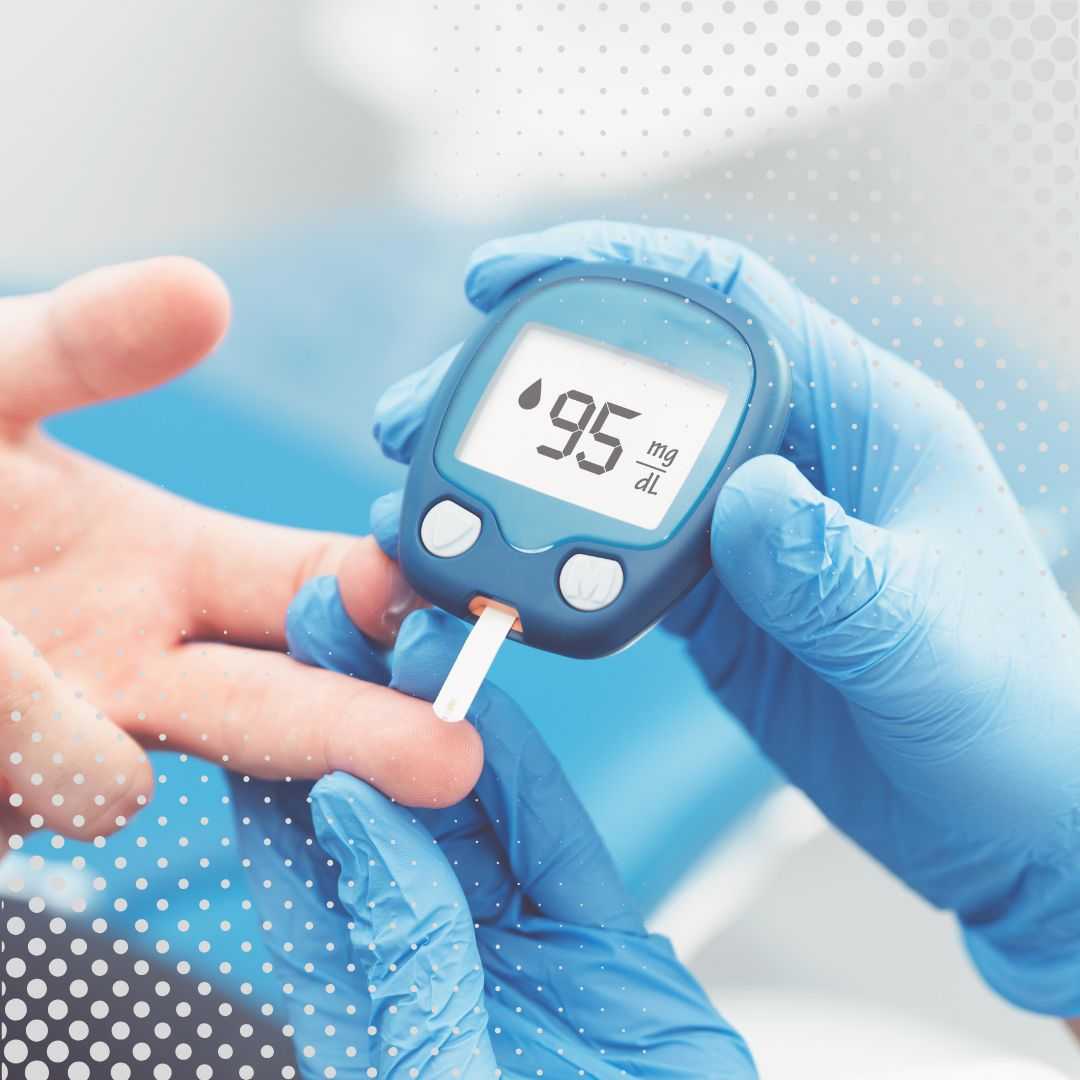
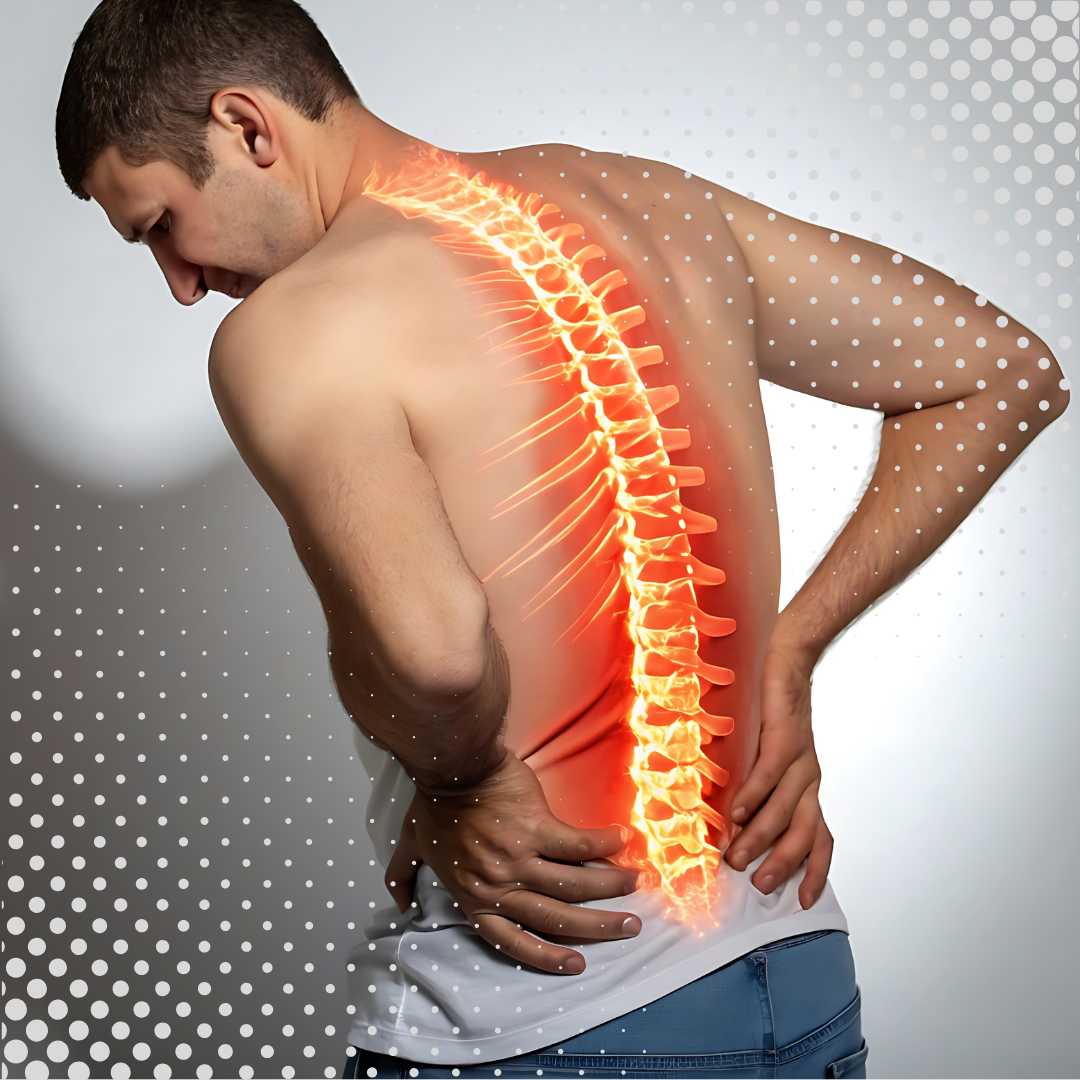

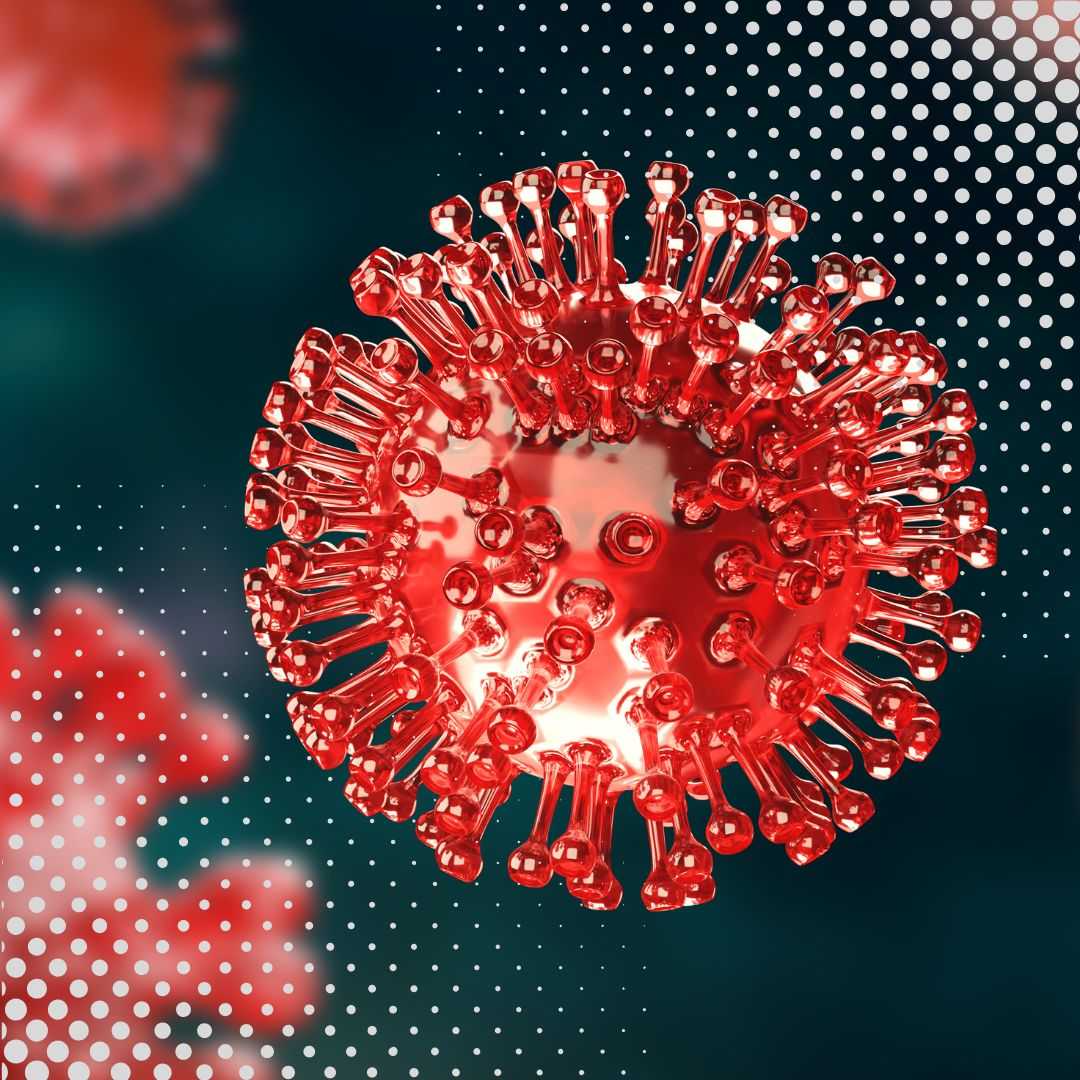
.jpg)
.png)

.png)
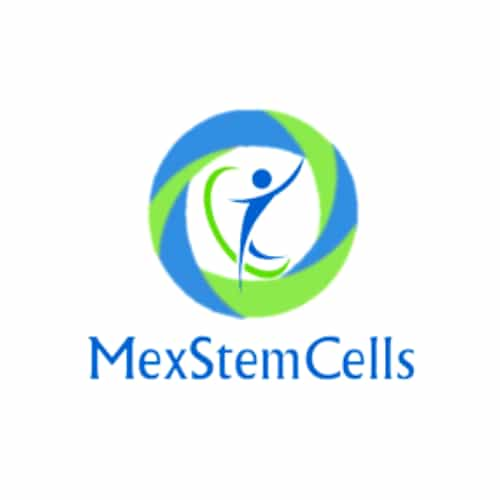
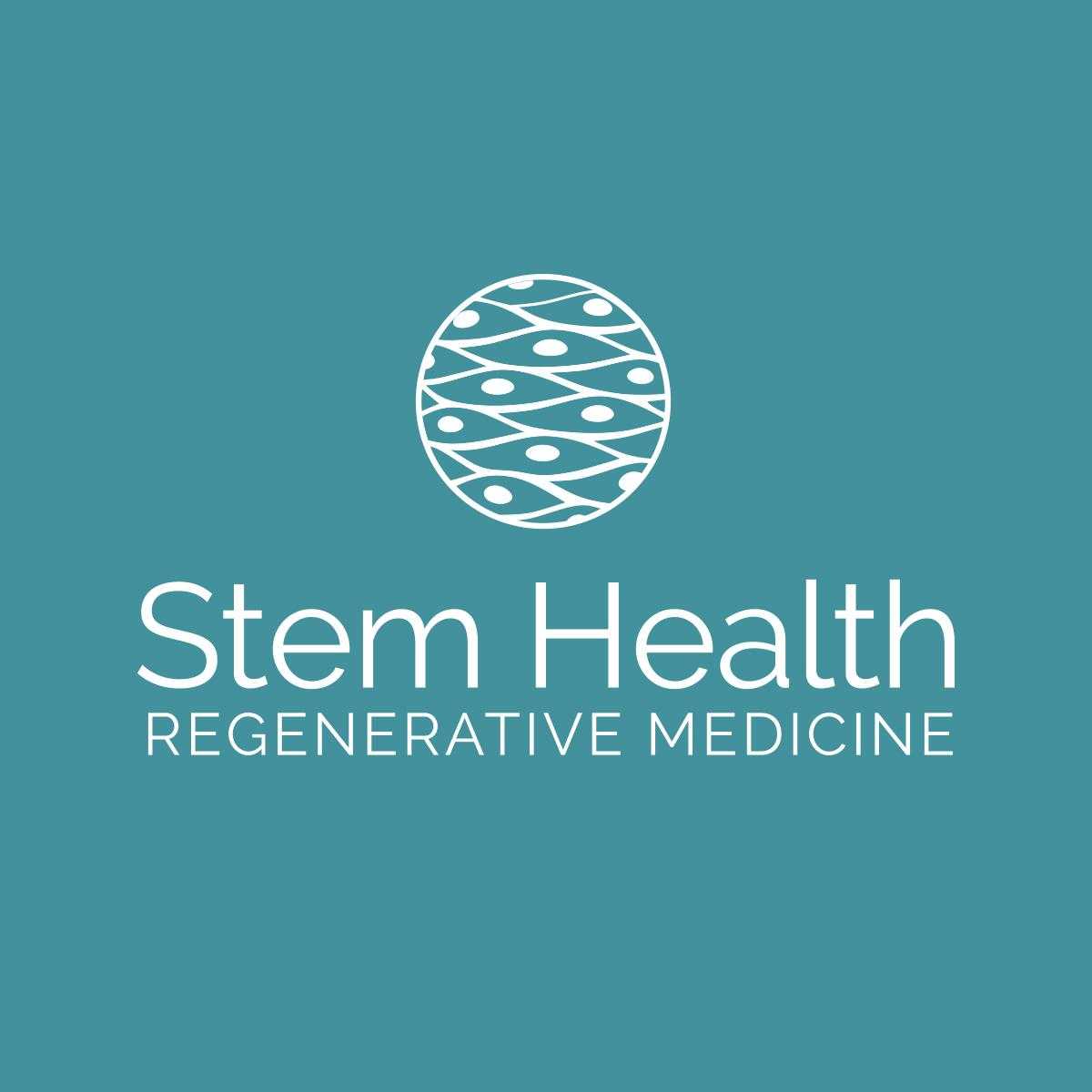
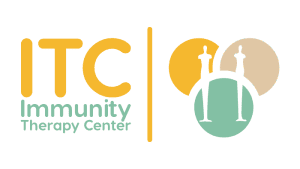
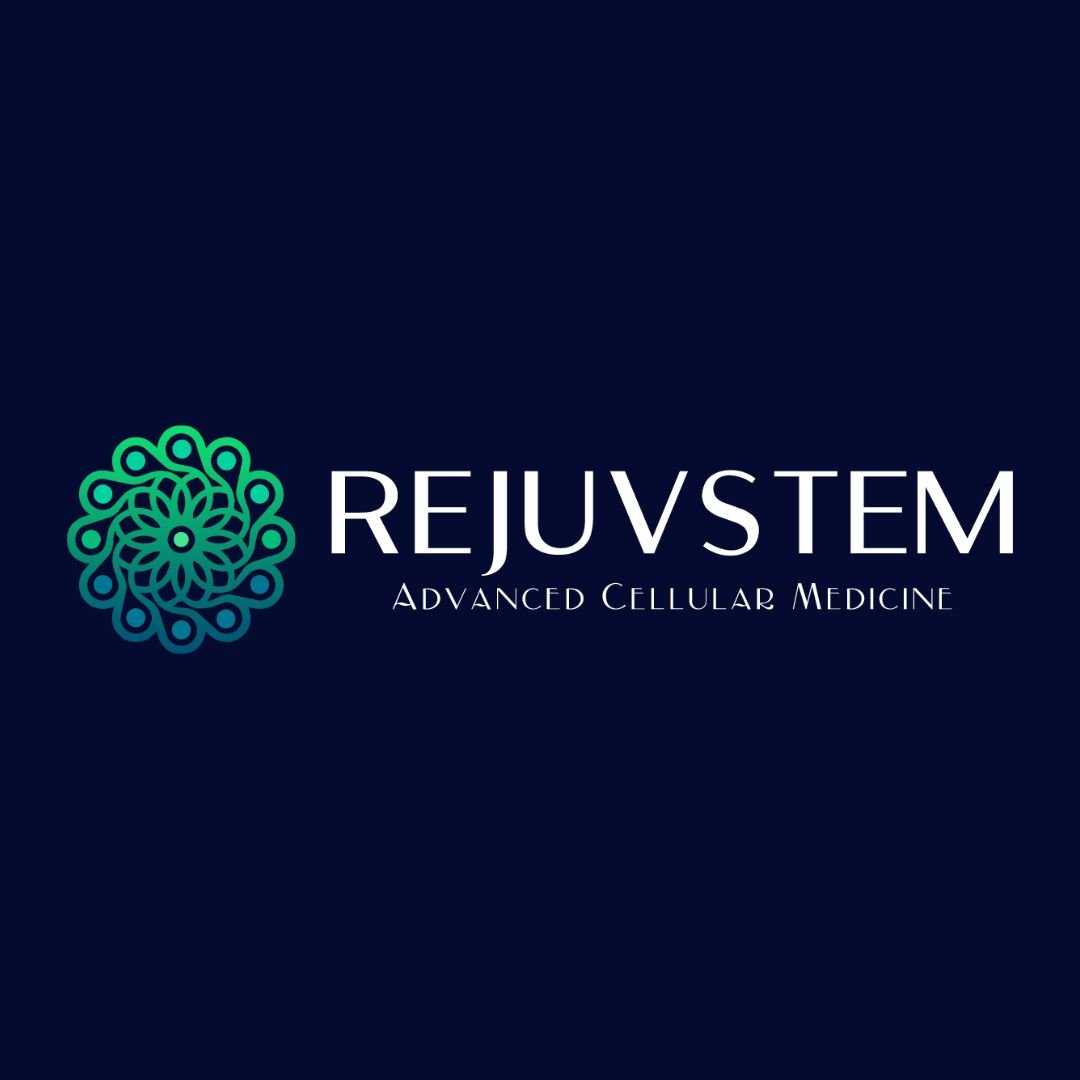
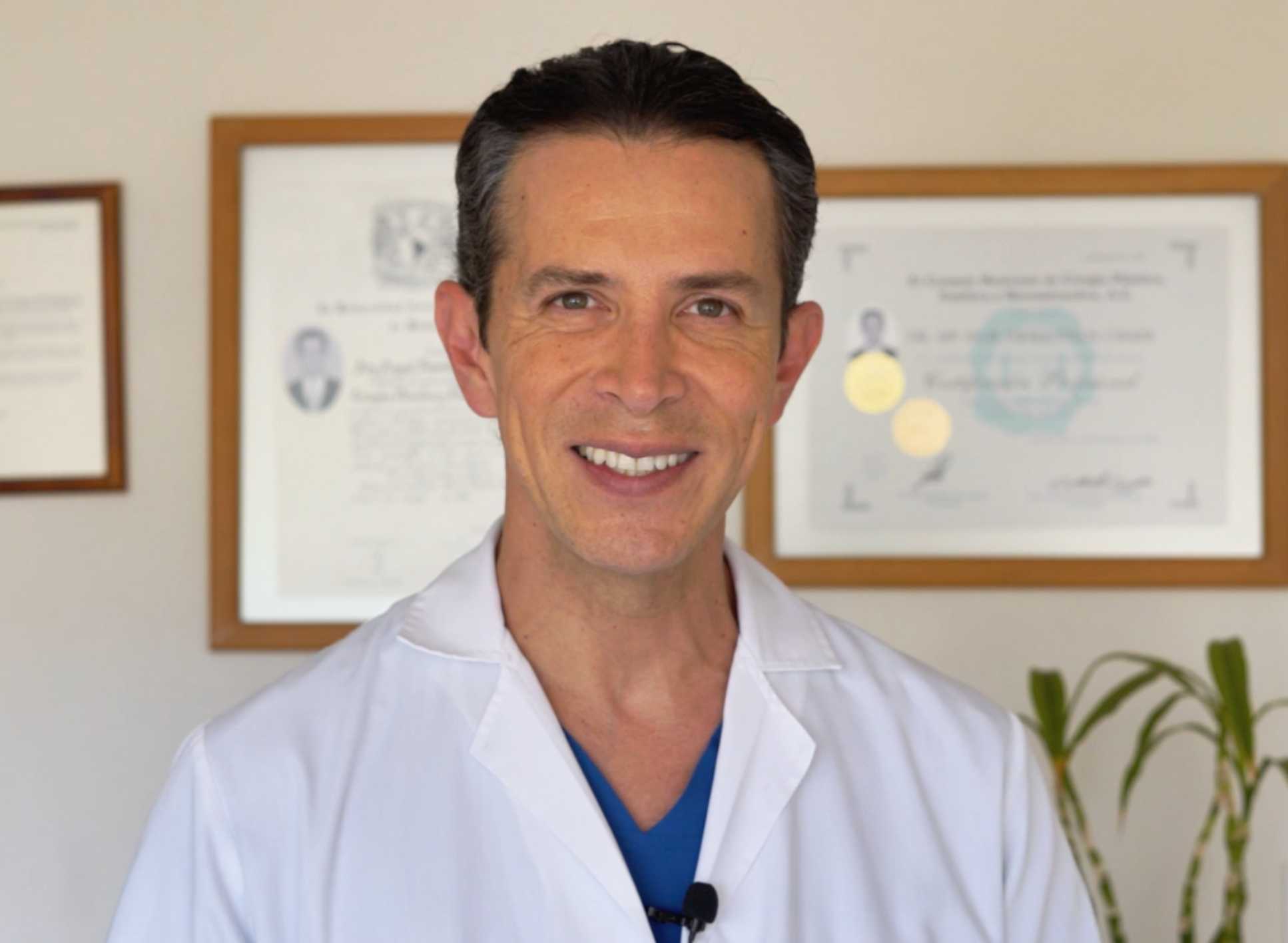

Share this listing